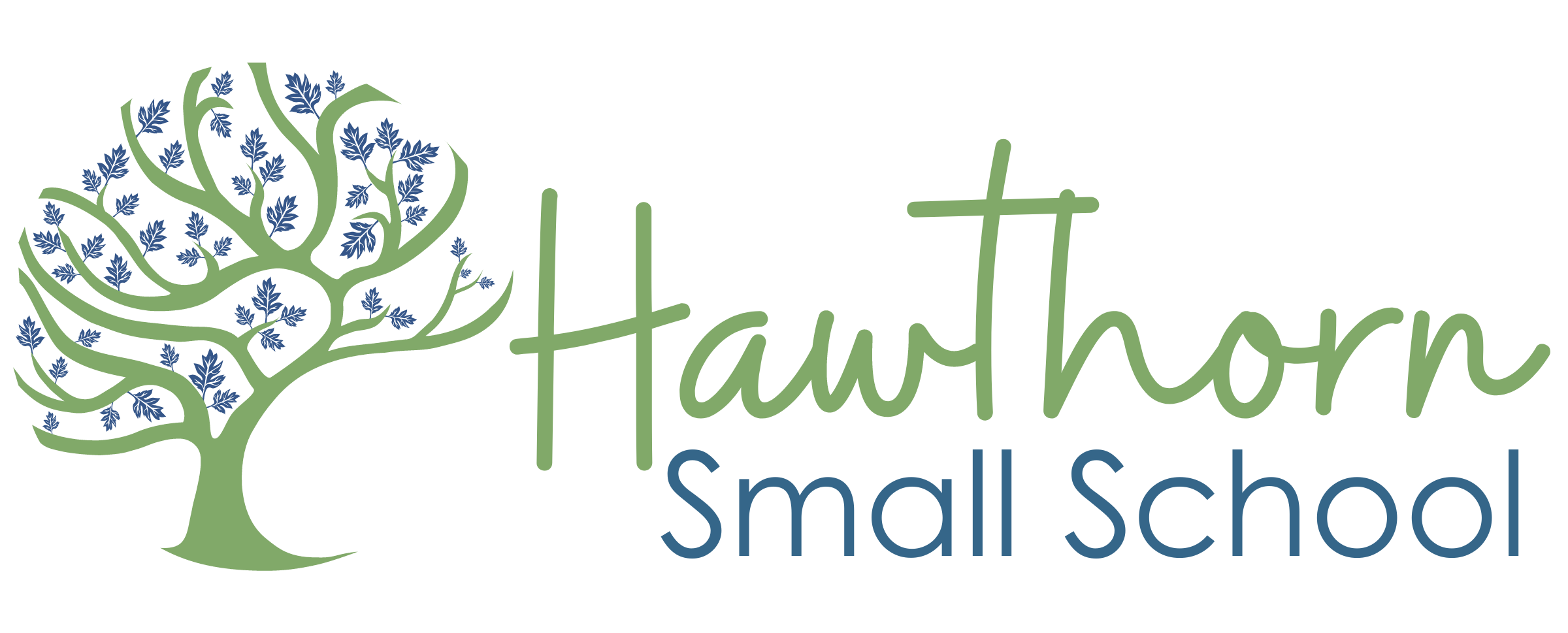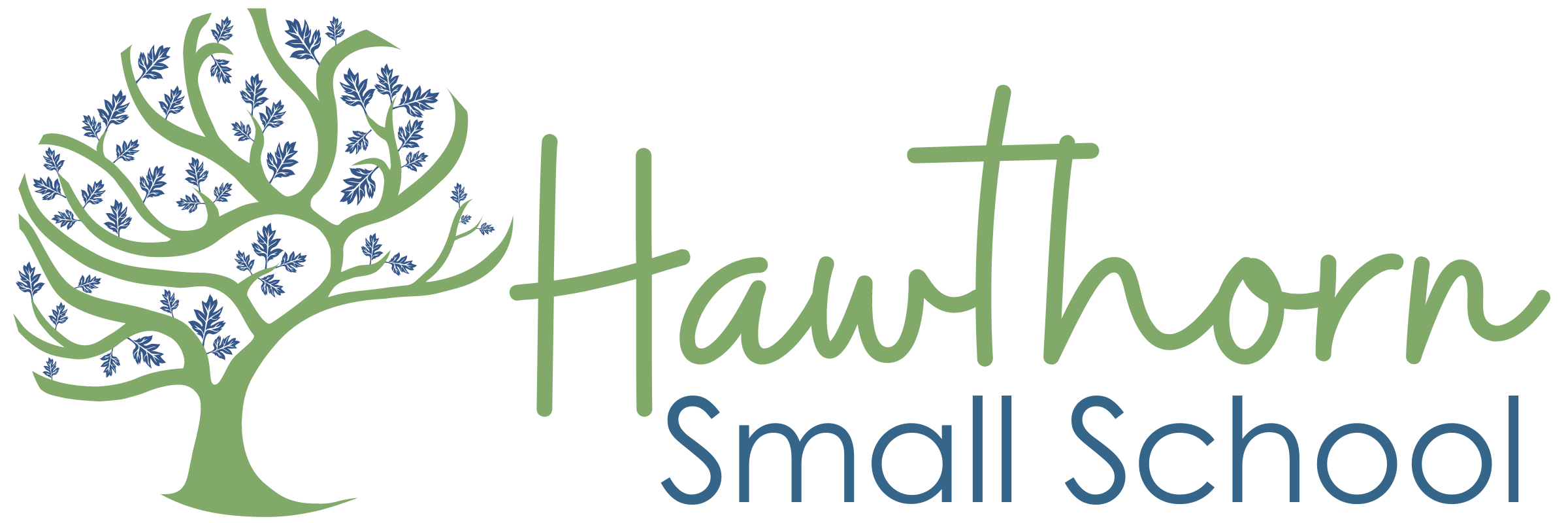Our guiding principles
Hawthorn Small School is not open. It is expected that we will open as a school in September 2026.
Our school
These eight Cs are our guiding principles for everything we do and create here at Hawthorn Small School. These key foundational principles form the questions that we ask whilst we are building the school, creating the curriculum, and when we are working together as a team to explore new ideas and facilitate learning. They are what guides how we act in all that we do, and they facilitate our values.
The eight Cs that guide us
At Hawthorn Small School we are:
Collaborative
Being collaborative as a guiding principle ensures that all team members, especially students, are co-designers of the curriculum, of all learning, and of the culture of the organisation. It insists on democratic leadership.
We ask questions about whether we are including all relevant voices when we make decisions and whilst we are learning. We foster an environment where people understand that working together is more beneficial than achieving outcomes alone. We ask whether we could be more collaborative than we are being right now.
Connected
Being connected as a guiding principle ensures that everyone finds meaning in what they are doing, who they are with, and where they are. We know that feeling connection to your purpose increases commitment to the process and the outcome. Students and facilitators alike are passionate about what they are doing and understand the purpose and context of their learning.
We ask questions about whether there is more truth to gain, and more we can understand. We continuously seek to build and maintain significance in our relationships with each other. We ask if we can integrate learning across our curriculum.
Curious
Being curious as a guiding principle ensures that exploration is at the heart of learning. It allows everyone to be driven by their interest and to continually seek new ideas, perspectives, skill and experiences. Curiosity further celebrates compassionate understanding of diversity in ourselves and others.
We ask questions about why things are the they are and whether that is helpful. We ask what all the possibilities are before narrowing down options. We ask what we are curious about as individuals right now, and how that can fit with, or alongside, the community interest. When things get tricky, we get curious about our internal experience instead of retreating from it.
Compassionate
Being compassionate as guiding principle ensures that we find ourselves in shared humanity with those around us, seeking to understand deeply alternative experiences, and act in accordance with the most generous interpretation of others’ behaviour. It insists that we have clear boundaries to prevent blame and resentment, allowing for persistently warm relationships of appropriate interdependence.
We ask questions to enable us to really see and hear each other. We ask whether we have been clear enough in our boundaries to enable others to meet our needs. We consider if we are being flexible enough in our approach, and remind ourselves that we share the experience of being human, and share our planet with each other and the rest of nature.
Consistent
Being consistent as guiding principle means ensuring that we provide a stable and enduring environment that people can depend on to meet their needs, allowing them to feel able to be courageous and to explore in safety. Attachment theory tells us that humans need a safe-base from which to venture, and we know that predictability is essential to that.
We ask questions about whether we are acting in consistency with our values, and with what we know to be right (instead of what is fast, fun or easy). We ask whether we are being consistent and equitable across many situations, and that when we change how we manage something, we are consistently clear about the reasons.
Child-centred
Being child-centred as a guiding principle ensures that we centre the rights of the child in a world where children’s rights are not upheld, and in which children have little or no voice. Students at Hawthorn Small School are the entire reason for its existence. We meet children where they are, as individual and authentic human beings with their own needs and rights.
We ask questions about whether this learning path fits this specific child and how we can build the best learning with them. We ask many questions to get to know, and continue to know, the individual and changing child, and their family to the best of our ability.
Consent-based
Being consent-based as a guiding principle ensures that we honour our own and others’ rights to personal agency and autonomy, whilst keeping in mind and respecting the responsibility and accountability that are inherent within that.
We ask each other to be authentic, transparent and accountable. We ask for a clear yes, no or maybe. We ask whether we are all listening to each other so we can hear consent or it’s withdrawal.
Community structured
Being community structured as a guiding principle ensures that we operate as a group of people with shared goals and ideas, and at a scale that meets our human needs. Successful communities are built on collective culture, diverse characteristics, structure, common goals, personal freedom and fairness. This means remaining at a human scale, seeking the involvement of all stakeholders, and encouraging diversity. It means developing shared agreements, processes of compassionate justice, traditions and language across our community.
We ask what others need and how we could contribute to that. We ask if we have made the best use of our collective attributes. We understand that we are models for others in the community, as well as modelled by it.



